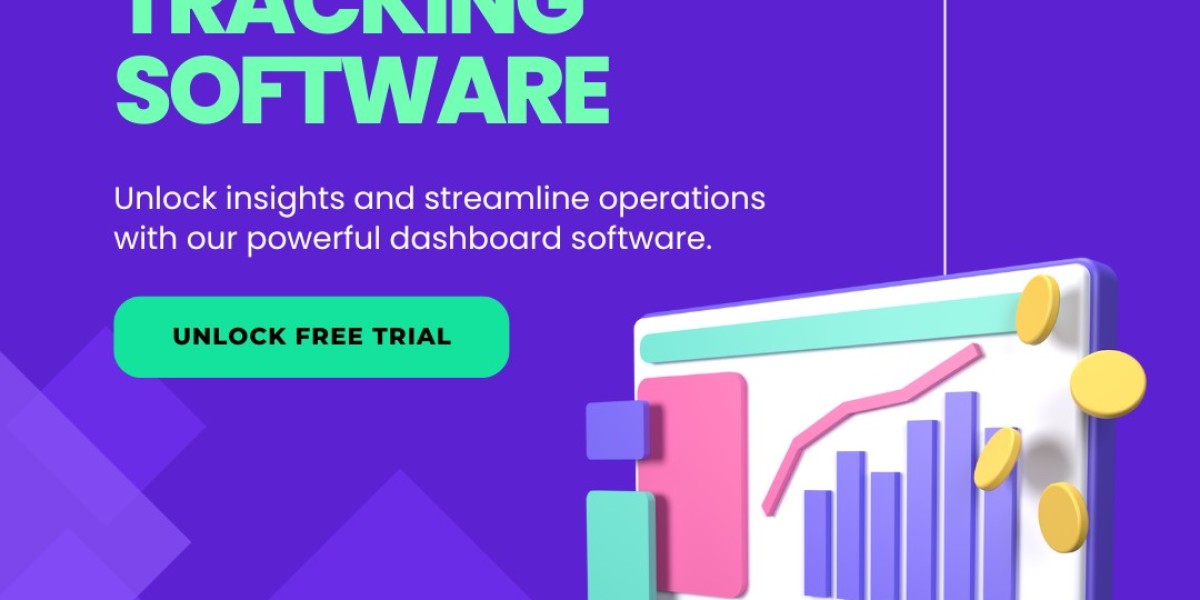Introduction
As businesses grow, so do their challenges. What once worked smoothly for a small team of five employees can quickly fall apart when the team expands to 15, 30, or 100. Tasks get lost, communication becomes harder, priorities shift constantly, and managers struggle to keep track of who is working on what. Without the right systems, growing teams face delays, confusion, and misalignment that can stall progress.
This is where employee task tracking software becomes a game-changer. Rather than relying on spreadsheets, WhatsApp groups, or scattered email threads, organisations now use structured task tracking platforms to keep teams organised and accountable. As companies scale, these tools become not only helpful—but essential.
Here are the top reasons why growing teams need task tracking systems more than ever.
1. More People = More Complexity
A small team can manage tasks informally. But once your team grows, everything changes.
Growth brings:
More projects
More tasks
More deadlines
More stakeholders
More dependencies
Without a structured system, this complexity becomes overwhelming.
How task tracking helps:
Centralises all tasks in one place
Ensures every task has a clear owner
Makes priorities visible for everyone
Helps teams stay aligned at scale
A good task tracking platform ensures that growth doesn’t lead to confusion.
2. Faster Communication Without Chaos
As teams expand, communication quickly becomes messy. Messages get lost in WhatsApp groups, emails pile up, and information gets scattered.
This leads to:
Missed updates
Confusion over instructions
Duplicate work
Project delays
Task tracking systems fix this by:
Keeping all task-related communication inside the task
Tagging team members (@mentions) for clarity
Storing files, notes, and instructions together
Sending real-time notifications
This eliminates noise and ensures everyone sees the right message at the right time.
3. Clear Accountability for Every Task
In small teams, it’s easy to know who’s doing what. But as companies grow, accountability becomes harder to maintain without a clear system.
Suddenly, you hear:
“I thought someone else was doing that.”
“Who was assigned this task?”
“Did anyone check this update?”
Task tracking tools solve accountability issues by:
Assigning every task to a specific person
Showing deadlines and priority levels
Tracking progress automatically
Preventing ownership confusion
This ensures that work never “falls through the cracks.”
4. Real-Time Visibility for Managers and Teams
Growing teams need visibility—without depending on meetings or manual follow-ups. Managers should know the status of every project without chasing updates.
With task tracking tools, leaders can instantly see:
What tasks are completed
What tasks are in progress
What’s delayed
Who is overloaded
What needs immediate attention
Real-time tracking helps managers make faster, better decisions and keeps projects moving smoothly.
5. Better Collaboration Across Departments
As companies grow, they create more departments—design, development, HR, sales, marketing, and more. Each team has its own workflow, and aligning them becomes a challenge.
Task tracking systems enhance collaboration by:
Keeping all teams on one unified platform
Allowing cross-team visibility
Helping teams share files and updates easily
Reducing miscommunication between departments
This creates a more connected, efficient organisation.
6. Faster Delivery Through Workflow Automation
Growing teams can’t afford to manage everything manually. As work increases, so does the need for automation.
Good task tracking software automates:
Deadline reminders
Status updates
Activity logs
Approval workflows
Recurring tasks
Notifications
This saves countless hours and ensures that nothing gets forgotten or overlooked as your team grows.
7. Smart Workload Management for Larger Teams
When teams expand, managers often struggle with distributing work fairly. Some employees become overloaded, while others are underutilised.
Overwork leads to burnout.
Underwork leads to low engagement.
Task tracking software provides:
Workload charts
Real-time capacity insights
Task distribution metrics
Alerts when someone is overloaded
Managers can assign tasks more intelligently, improving both productivity and morale.
8. Time Tracking for Better Accuracy and Planning
Growing teams often take on bigger, more complex projects. To plan effectively, companies need accurate data on how long tasks actually take.
Task tracking systems provide:
Built-in time tracking
Timesheets
Time analytics per employee
Project duration reports
This helps teams estimate future work better, avoid unrealistic deadlines, and maintain healthy work patterns.
9. Combining Task Tracking With Leave Tracking Prevents Delays
As teams scale, managing leave becomes increasingly difficult. Without knowing who is available, task assignment becomes guesswork.
That’s why integrating employee leave tracking software is crucial.
When leave tracking and task tracking work together:
Managers see who is on leave before assigning tasks
Workloads adjust automatically
Teams avoid last-minute surprises
Project timelines stay accurate
Resource planning becomes easier
This integration ensures teams stay productive even during holiday seasons or peak leave periods.
10. Faster Scaling With Better Systems in Place
A growing team needs systems that support growth—not slow it down.
Task tracking tools make scaling easier by:
Providing consistent workflows
Enabling smooth onboarding for new employees
Supporting larger teams without chaos
Offering templates and repeatable processes
Reducing dependency on managers for every detail
With structured systems, companies can grow confidently without losing control.
Conclusion
Growth is exciting—but without the right systems in place, it can quickly turn into chaos. As teams expand, communication becomes harder, task ownership becomes unclear, and deadlines become difficult to manage. That’s why employee task tracking software is no longer a luxury—it’s a necessity.
By centralising tasks, improving communication, increasing accountability, and automating workflows, task tracking tools help growing teams stay aligned, productive, and stress-free. And when integrated with employee leave tracking software, organisations get full visibility into availability, capacity planning, and workload management.
For growing teams looking to scale smoothly and successfully, task tracking systems are the foundation for a more organised, efficient, and high-performing workplace.



